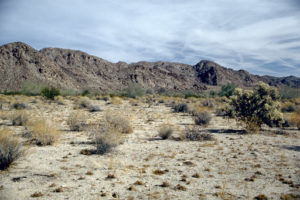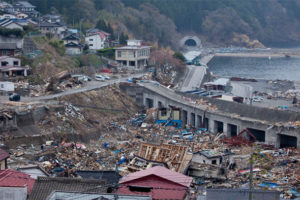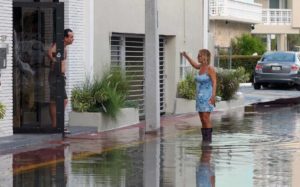There’s Hurricanes in Florida and Texas Had Rain
I am a child of the desert, and the guy sitting next to me in the coffee shop is from Saudi Arabia. Those of us from dry country usually don’t understand why people would choose to live in wet, low country with hurricanes. Yes, there is the ocean, but we can always go to Lake Powell or Lake McCounaughy. We do have a few tornados and hailstorms, and one of the canyons floods every 15 years or so.
On the gulf or Florida coast they get a hurricane at roughly the same intervals, but the damage is widespread and many more people are affected. For some reason, most of the people in the world live close to a seacoast. Yes, trade is easier and things tend to grow there (not like our Great American Desert).
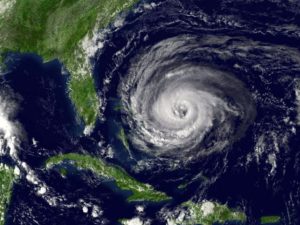 Too low, too many people, too wet. And yes, the oceans are headed inland. It will be even wetter. It is somewhat harder to make a living here in mid-continent and the seasons can be more harsh, but grand catastrophes are rarer. I must confess a warm ocean is good for visits, but I did not like the mid-Atlantic, but maybe it was because I was on a troopship.
Too low, too many people, too wet. And yes, the oceans are headed inland. It will be even wetter. It is somewhat harder to make a living here in mid-continent and the seasons can be more harsh, but grand catastrophes are rarer. I must confess a warm ocean is good for visits, but I did not like the mid-Atlantic, but maybe it was because I was on a troopship.
Another problem with seacoasts is many of them have a tendency to shake. The tectonic plates collide on the coasts, thus mountains and earthquakes. I prefer the ground under me to hold still. When we visited Carol’s daughter in Menlo Park CA, I was a bit nervous being halfway between the San Andreas and Hayward faults in a flood plain. The real irony is that the U.S. Geological Survey regional office is there.
Here in Denver, there were big earthquakes once when the Rockies were rising, but it has been a while. We had a flurry of small ones when they were pumping hazardous waste down a drill hole at the Rocky Mountain Arsenal. When they stopped pumping, the earthquakes stopped. That lesson was ignored in the Oklahoma oil fields where they pump fracking water back down drill holes instead of treating it. Most of the state is shaking.
“Do it cheaply, don’t bother 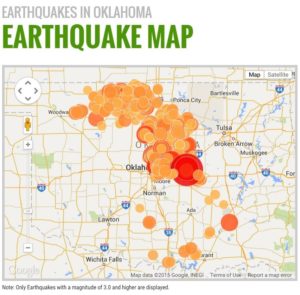 with doing what is right.” It seems to be standard procedure in the extractive industries such as oil and gas and mining. The solution is regulation, but the oil business owns the government in Oklahoma and Texas. They are close to owning the U. S. Government.
with doing what is right.” It seems to be standard procedure in the extractive industries such as oil and gas and mining. The solution is regulation, but the oil business owns the government in Oklahoma and Texas. They are close to owning the U. S. Government.
I seem to have drifted into a rant. Weren’t we discussing living on the coast? The coasts stand to reason from a short term economic standpoint. The rivers are there, shipping is cheap, it is fairly flat, and the climate tends to be moderated by the ocean. Except when it is not. Hurricanes, nor’easters, increasingly wetter monsoons, and sea level rise is scary.
How would you like having sea water pouring out of the storm drains in your street at high tide? What about having your crops inundated by incessant rain? Do you want the roof ripped off your house and be without power for many days? Then there are tsunamis. Take a look at the Japan tsunami on YouTube. If none of this stuff bothers you, live on the coast.
